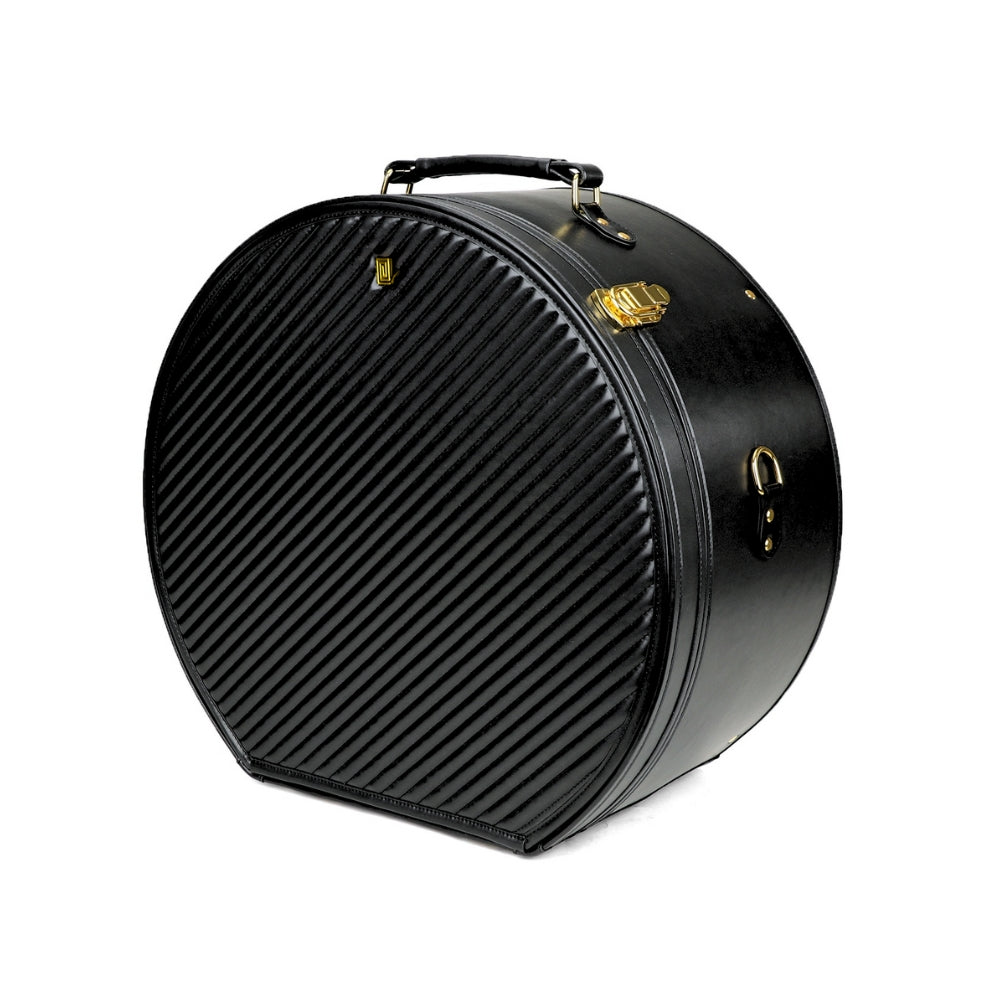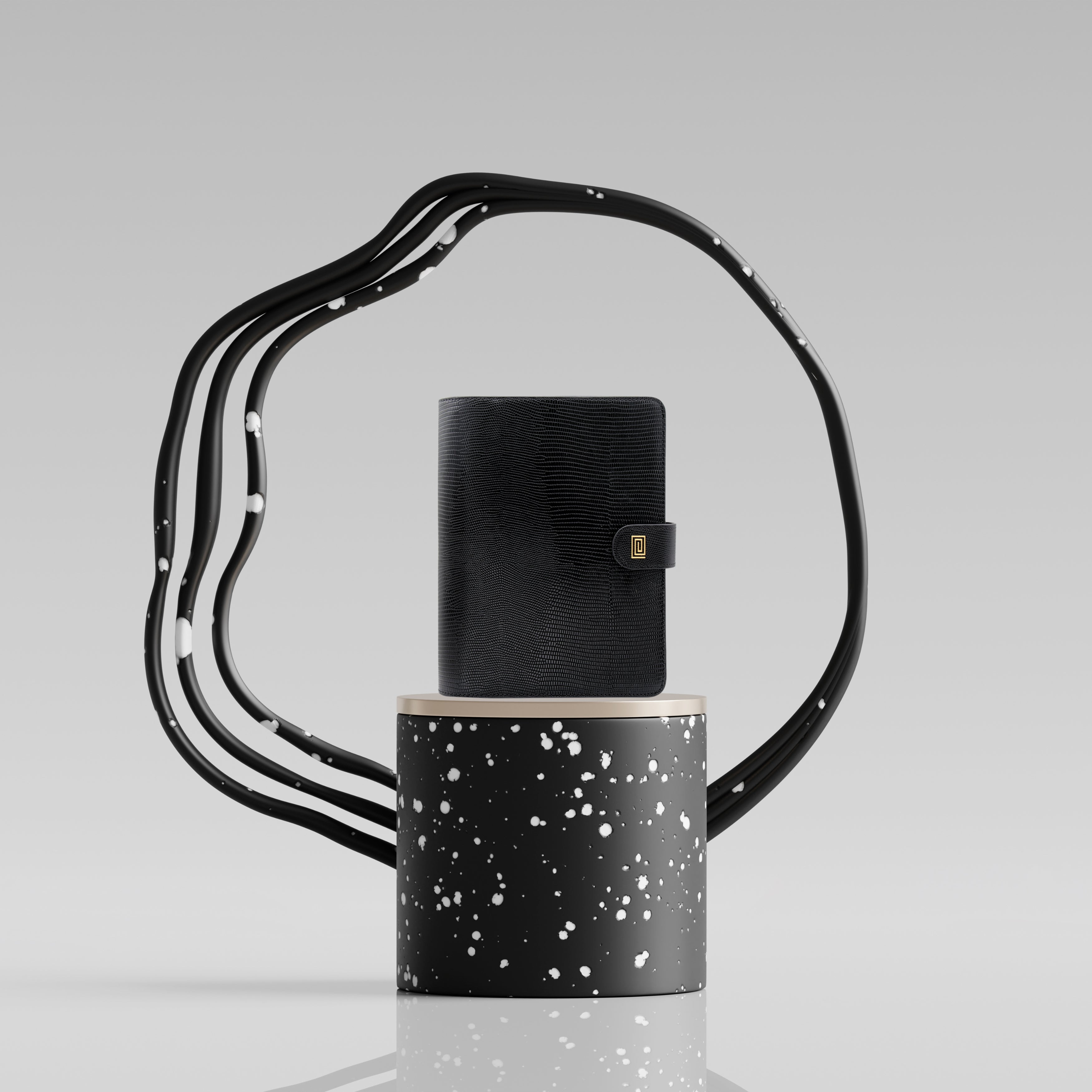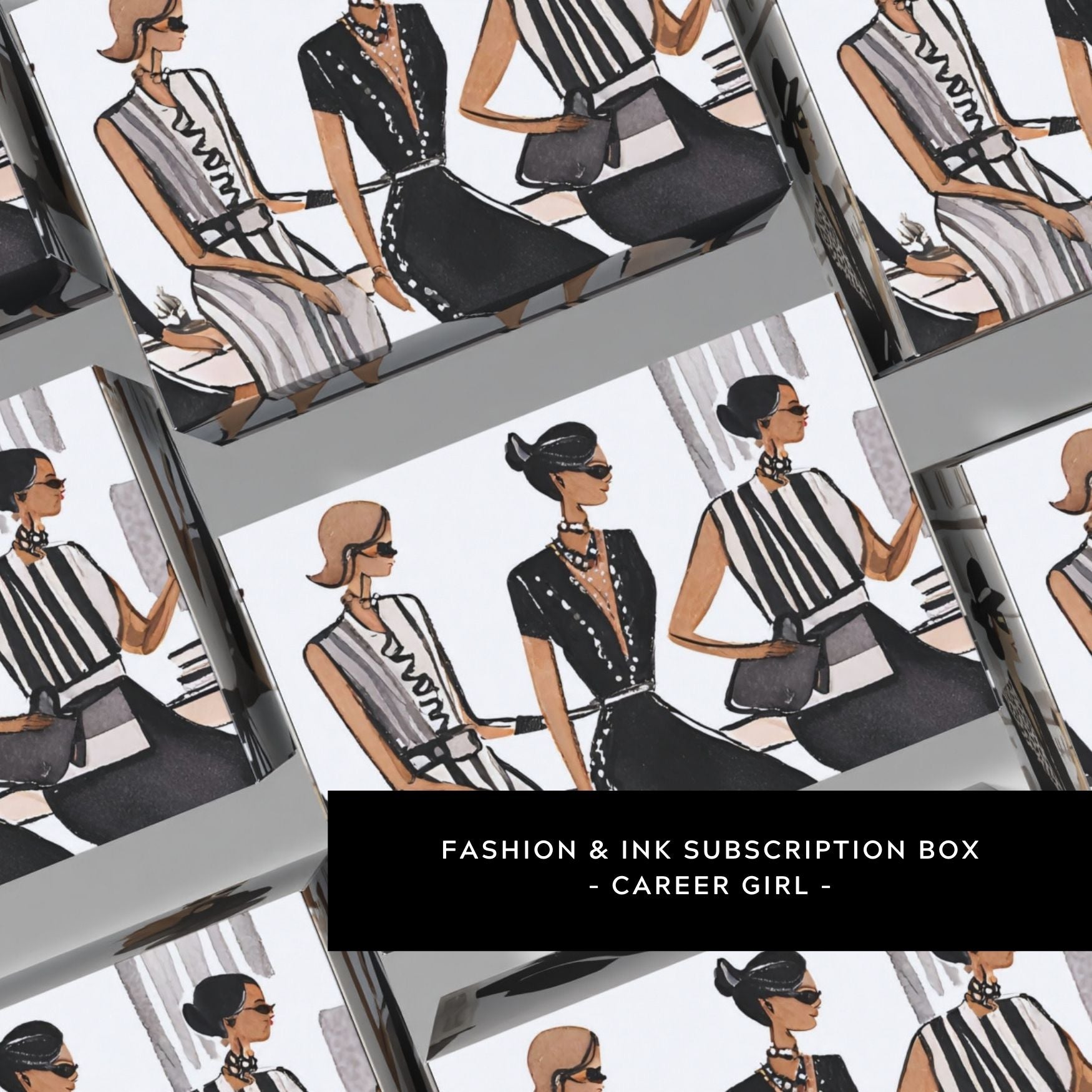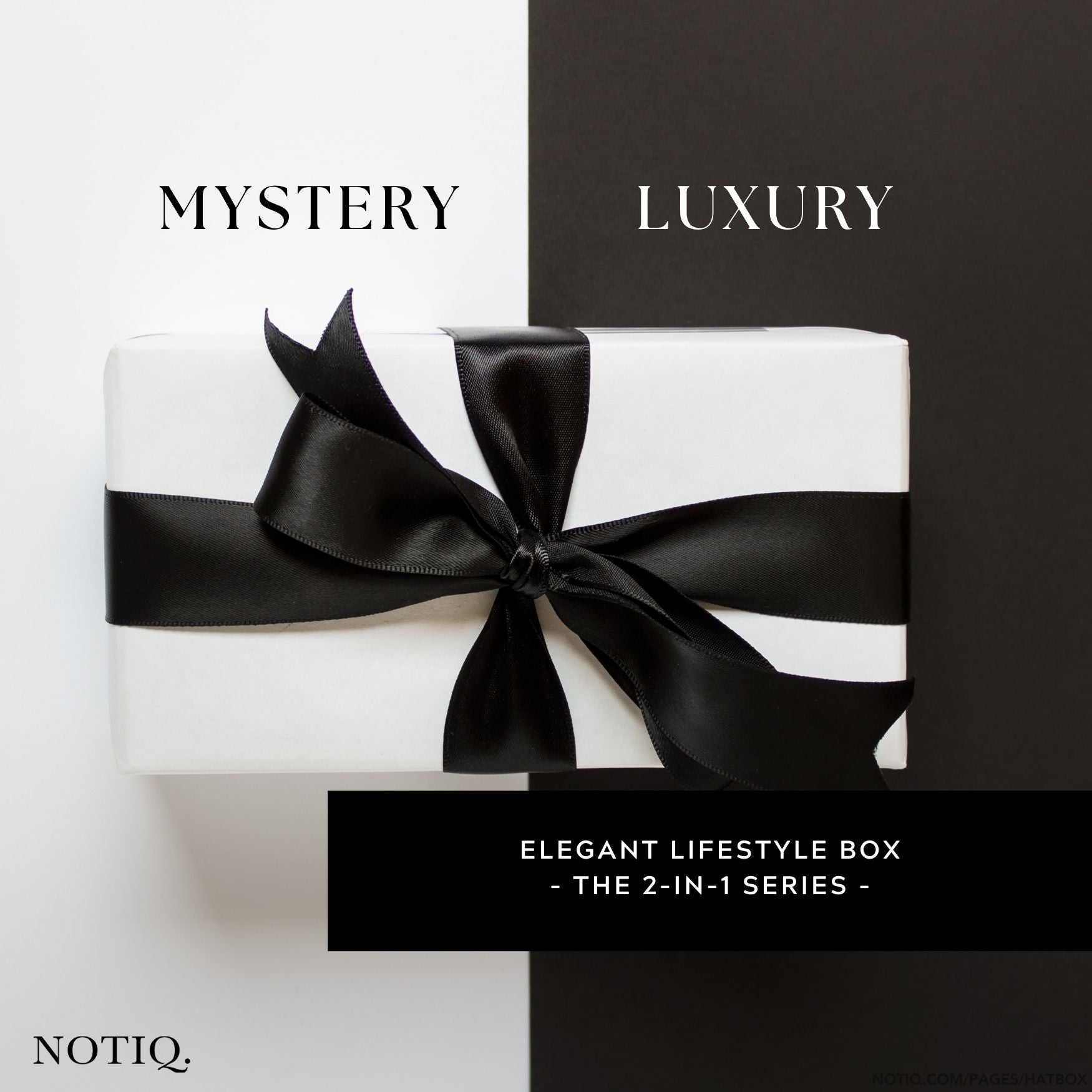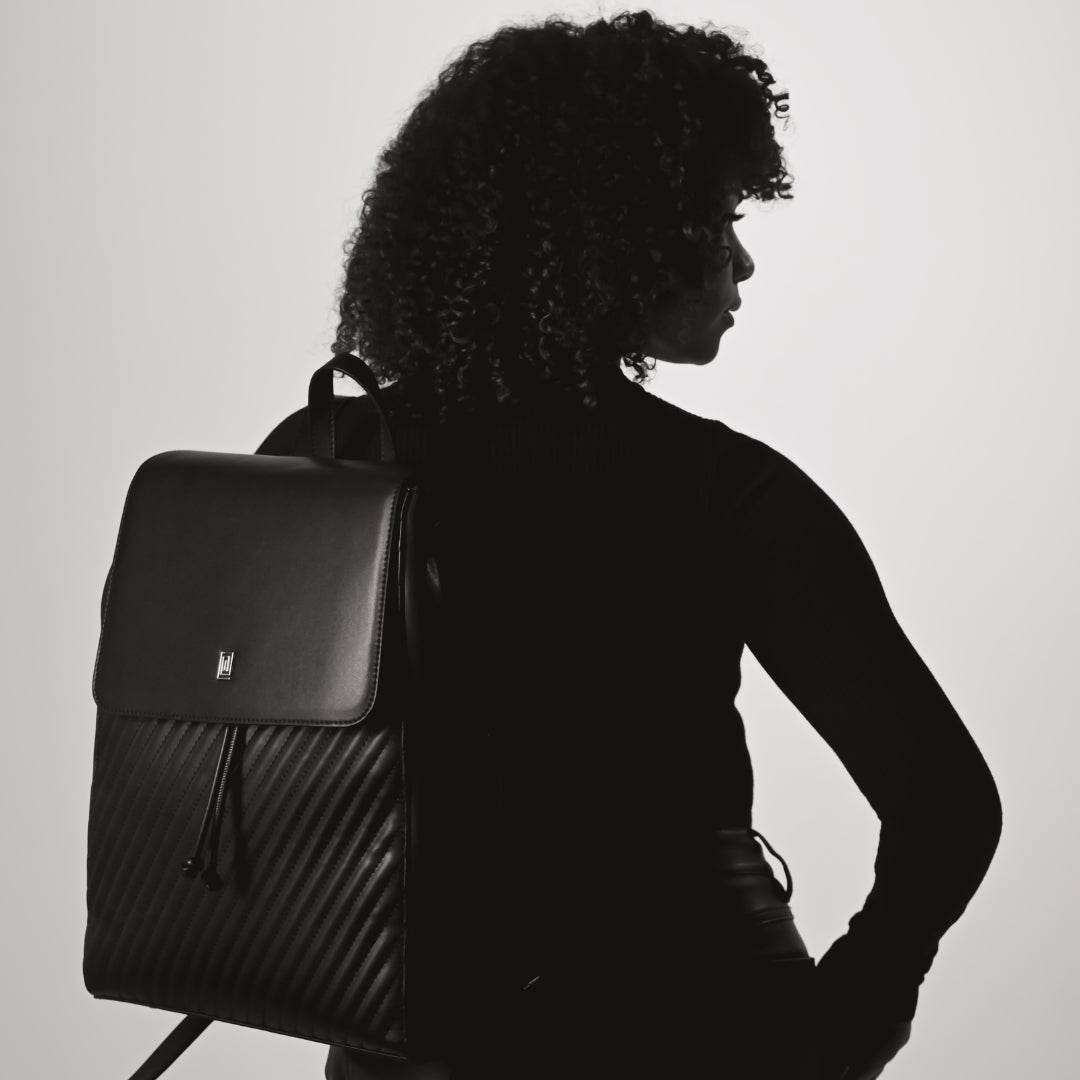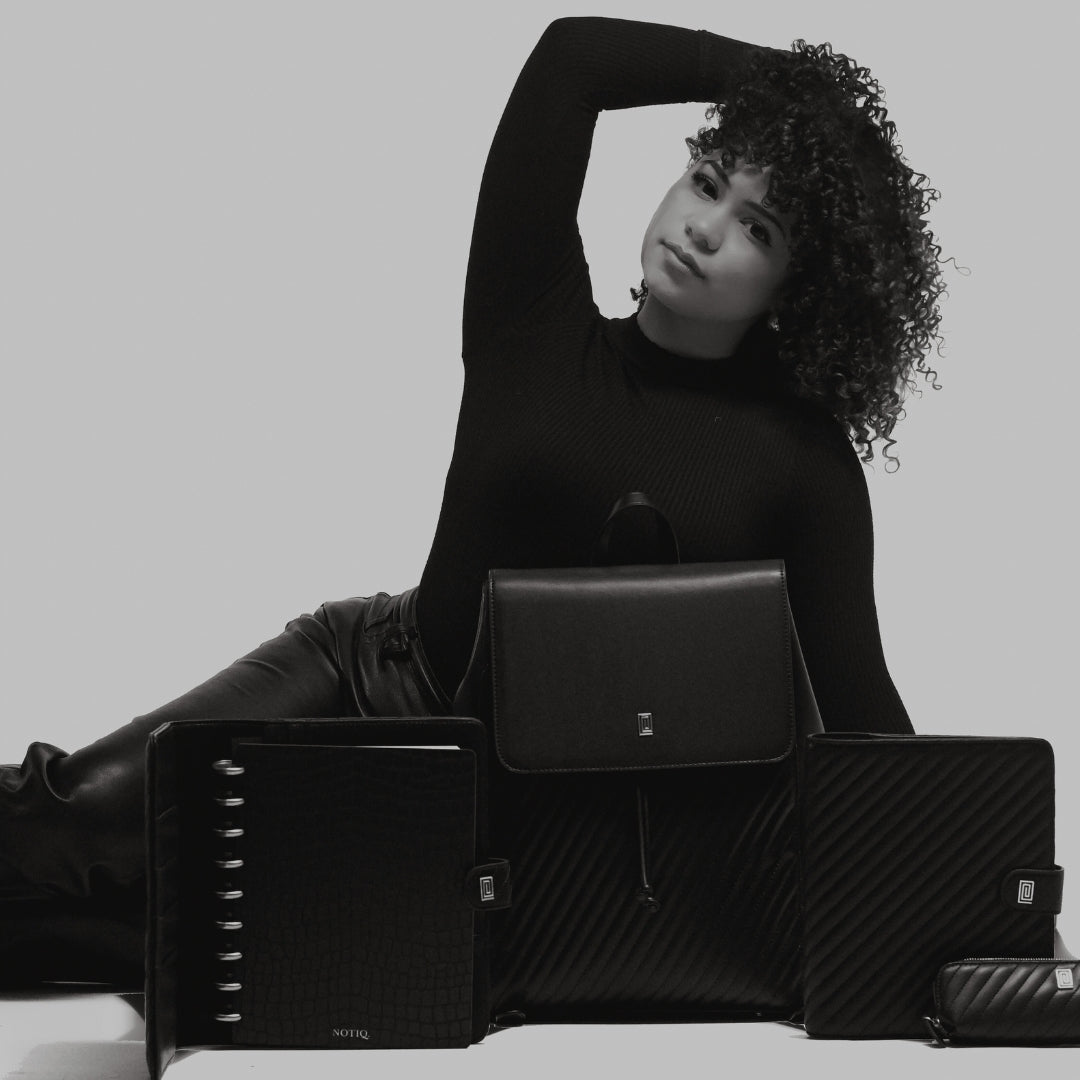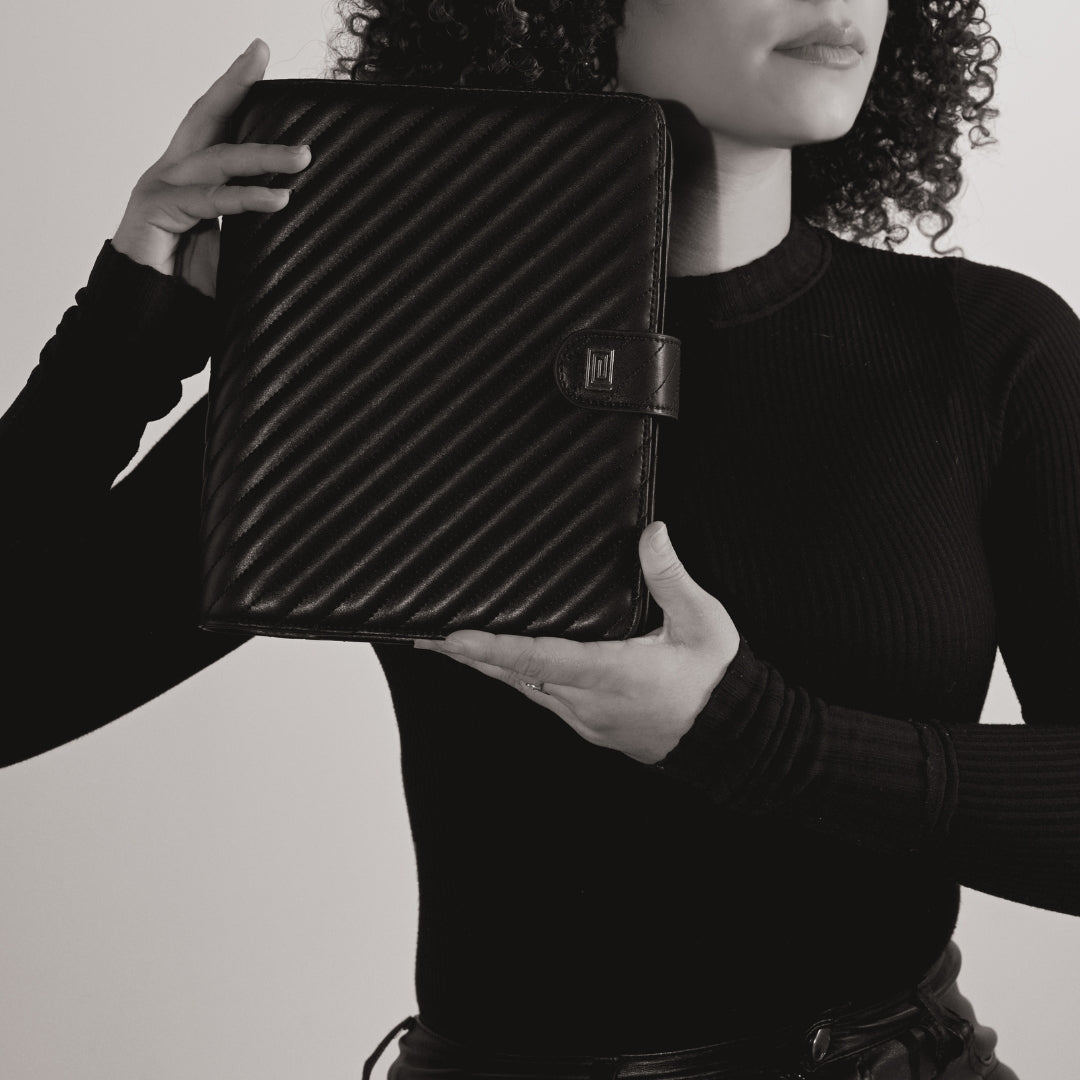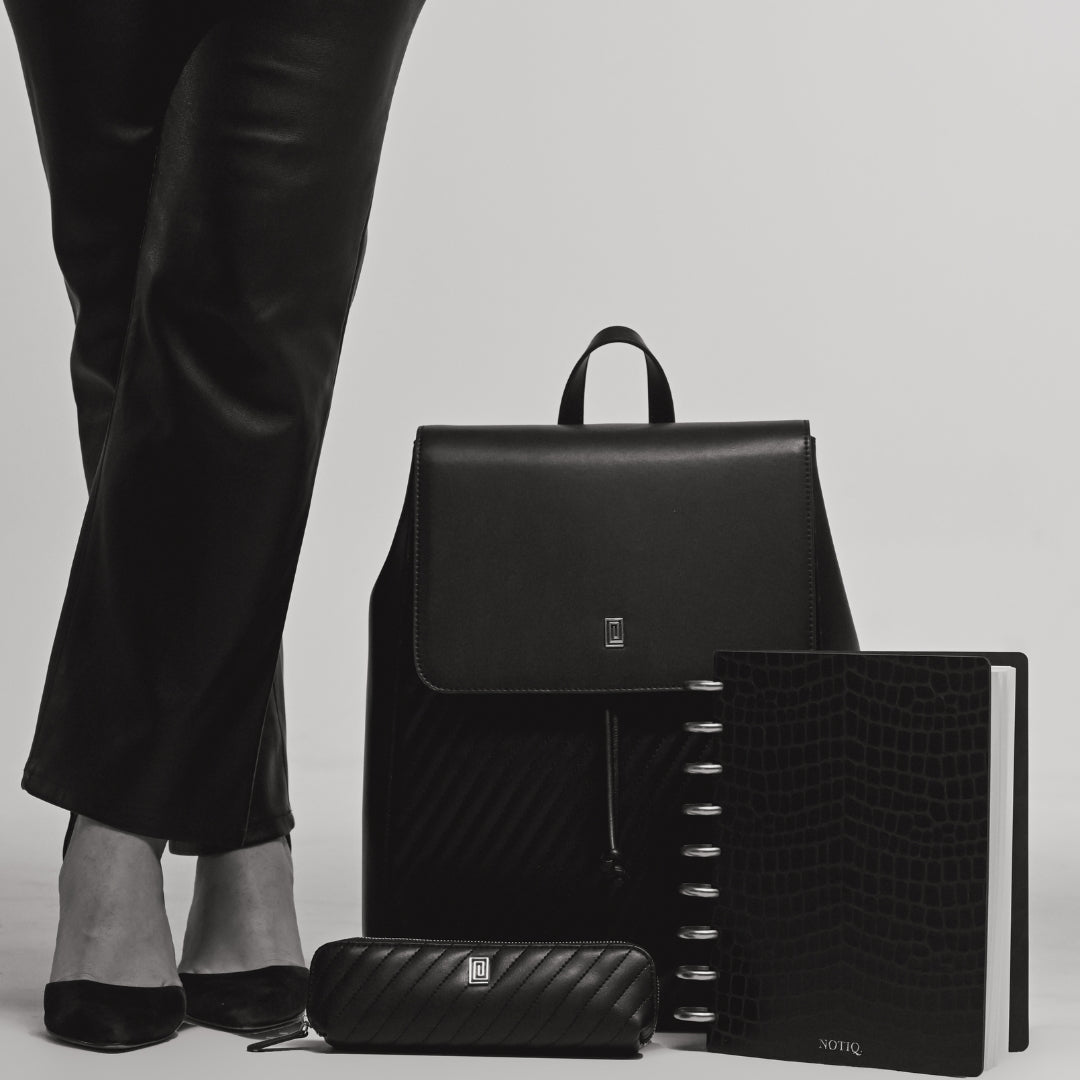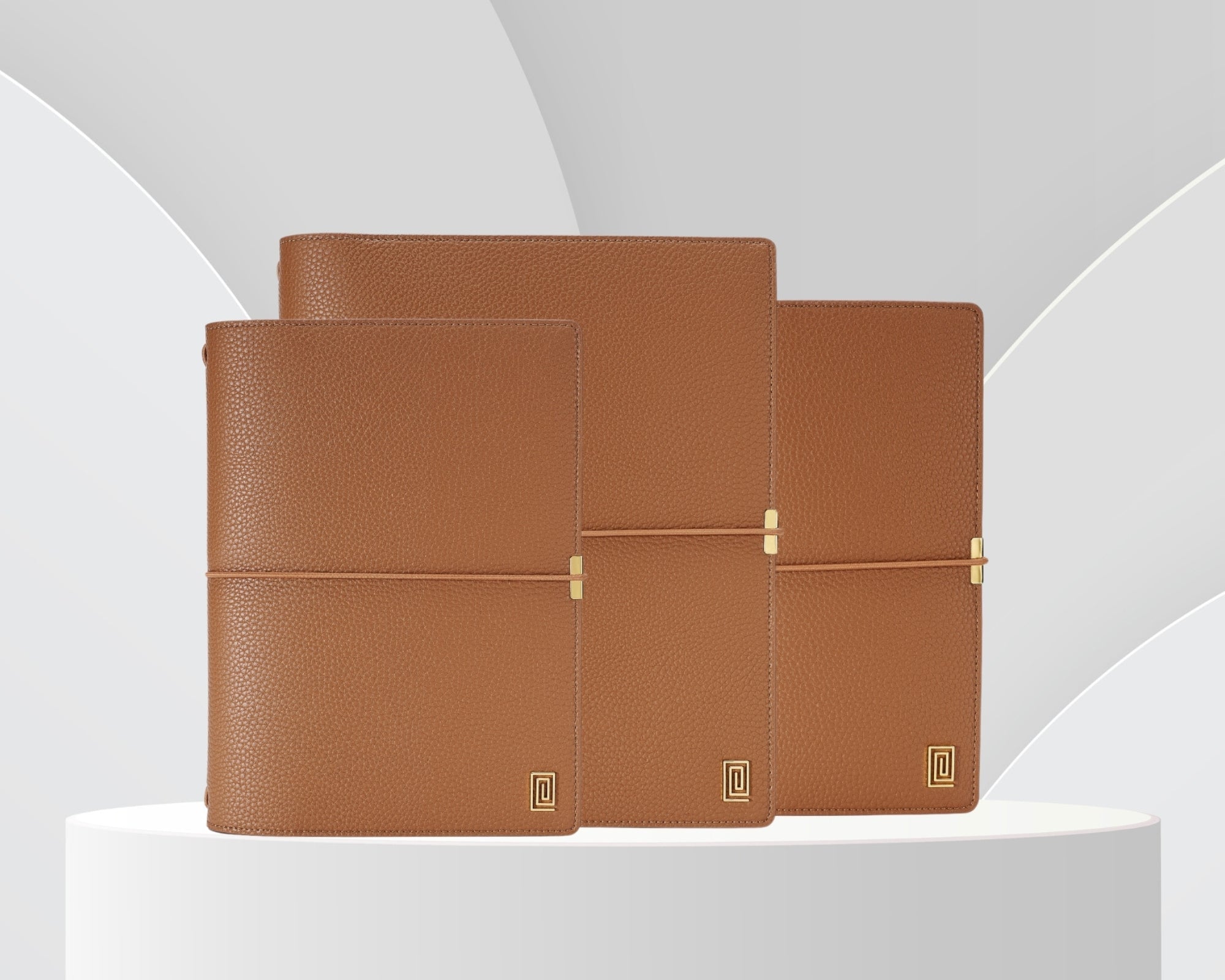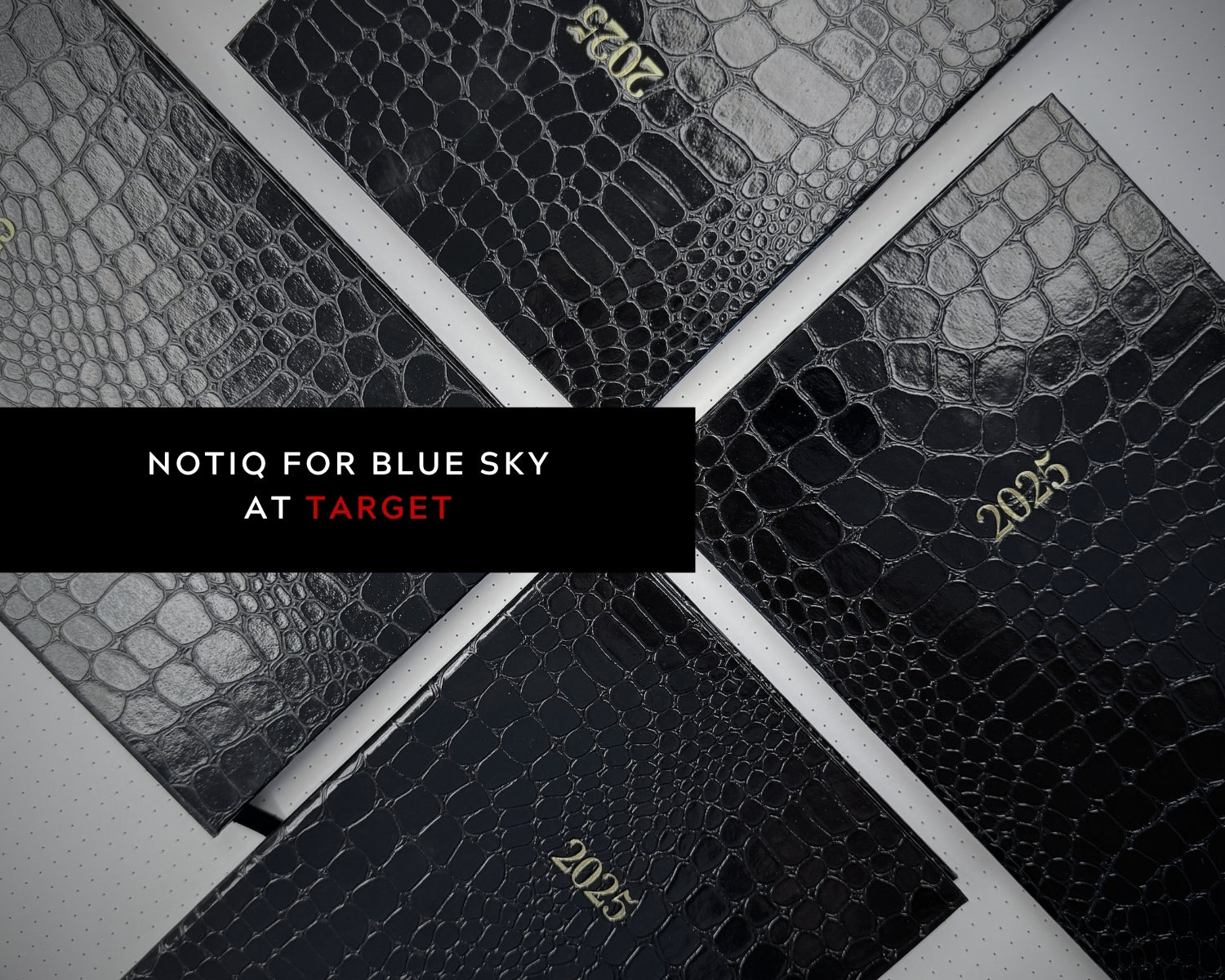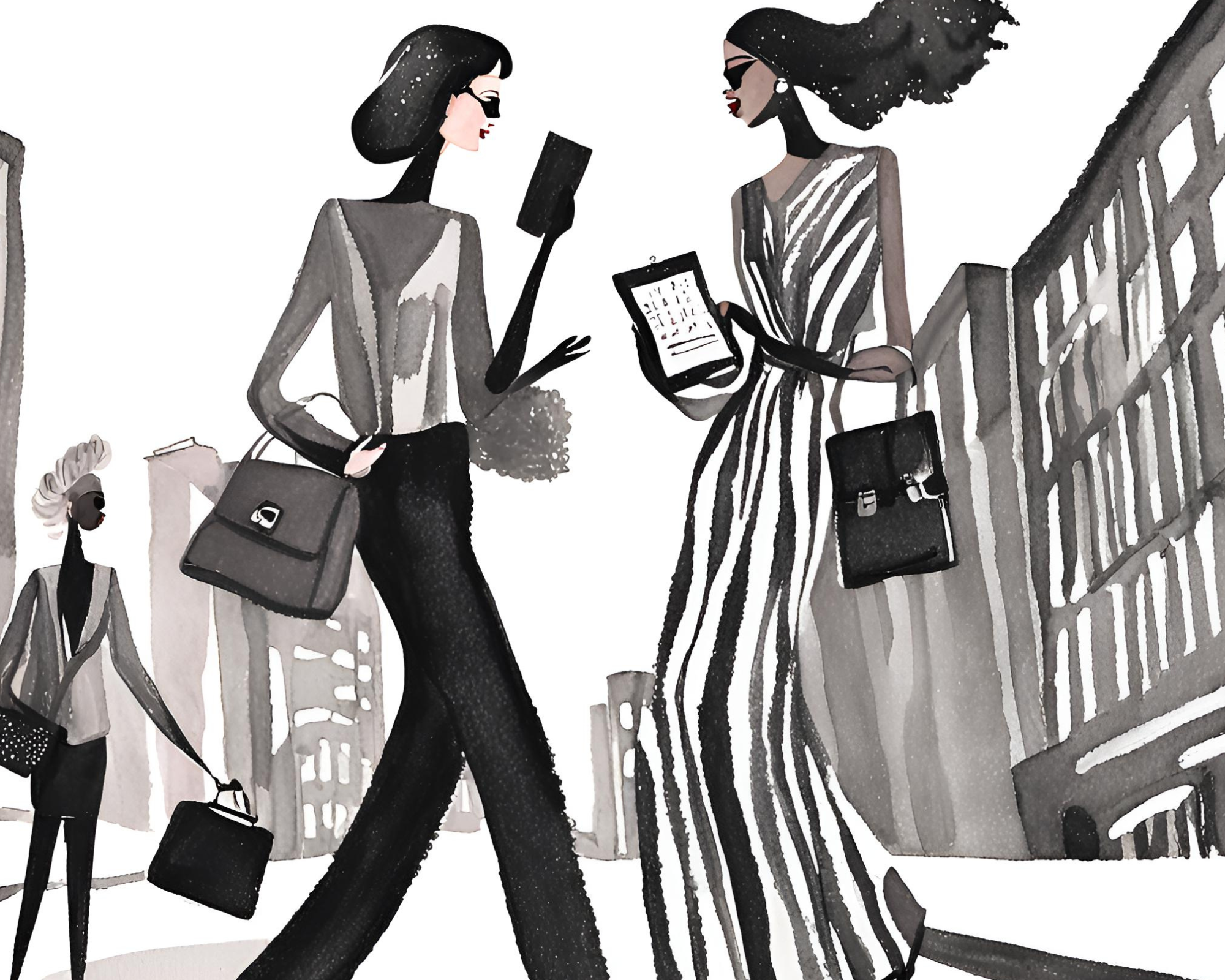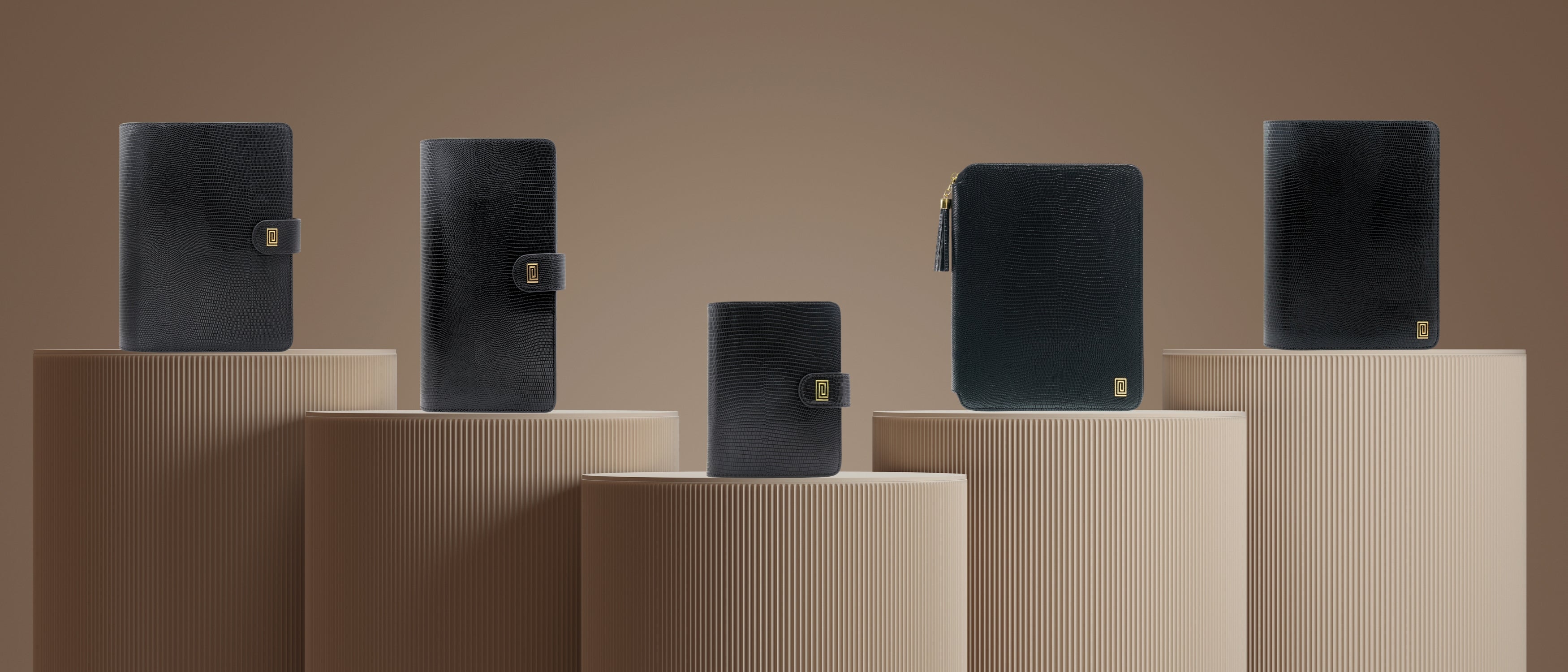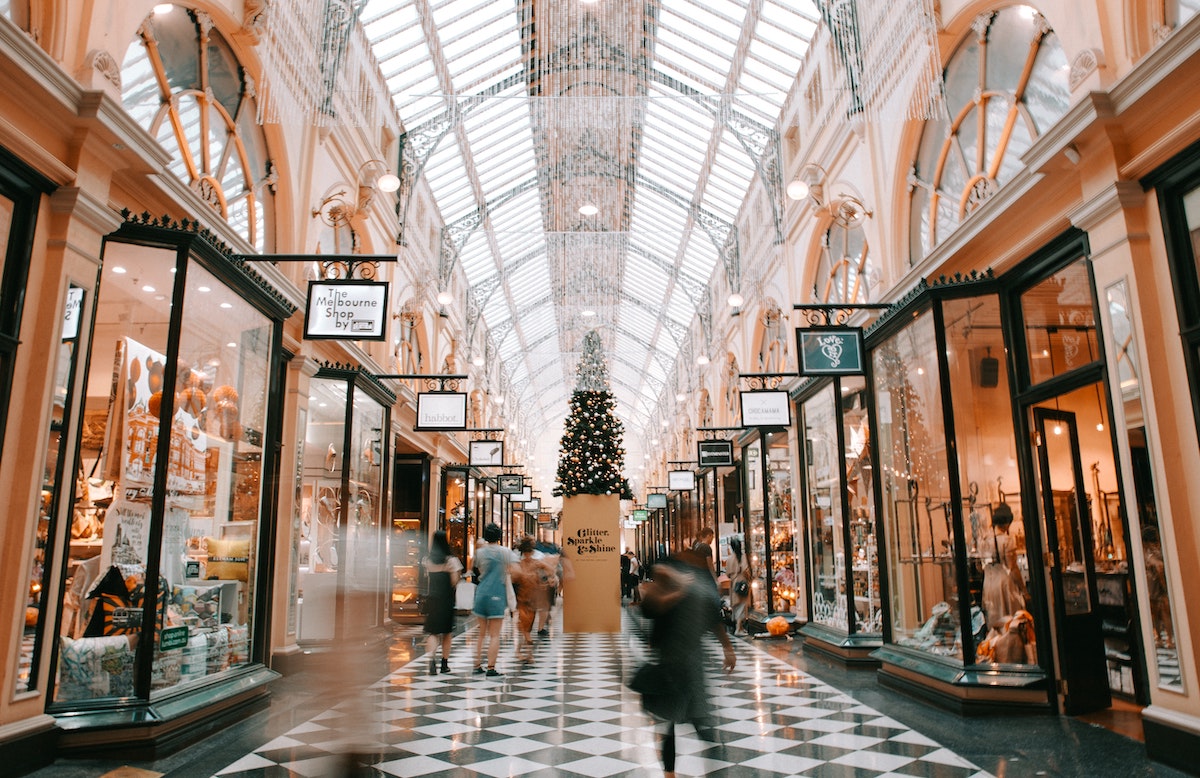
5 Luxury Fashion Designers You Didn't Know Were Eco-Friendly
Find Out Which Top Fashion Brands are Going Green

It’s no secret that many fashion brands today operate unsustainably. When profit means more than conservation, many practices can lead to a myriad of problems for both consumers and future businesses. In recent years, however, the growing concern for global climate change has sparked some of the biggest names in the industry to take the initiative for change. Companies are now on the hunt for better solutions to our world’s depleting resources and use of carbon emissions.
One way brands are creating these shifts in the market is by finding alternative resources to their current materials. The fashion industry, in particular, has made huge changes in the materials being used to produce clothing and accessories. Natural animal products are quickly becoming a thing of the past, and ethics now play a deciding factor in regard to where these materials are sourced.

This new wave of change has garnered the respect and patronage of newer generations- the future of consumerism. Long gone are the days when companies would turn a blind eye to the environmental crisis. Now, eco-consciousness is becoming the standard.
So would it surprise you that some of the biggest luxury designers on the market are taking steps toward becoming more earth-friendly?
Despite past histories of unsustainable production, many famous labels and renowned fashion houses are making headlines for their new commitments to creating a positive environmental impact.
Curious to know more? Read on to discover six luxury designers you didn’t know were eco-friendly.
Often described as the pioneer of sustainable luxury fashion, Stella McCartney was the maker of a new era. Since its founding in 2001, the brand has never used leather, feathers, fur, or skin. Over the past 20 years, they have since led the way in luxury fashion with the use of ethically sourced organic fabrics, recyclable animal alternatives, and renewable resources.
In 2012, the brand became one of the first to use Environmental Profit & Loss (EP&L), a tool designed to help companies measure their environmental impact. Since then, the brand has adopted solar panels and renewable energy, certified sustainable packaging, and ceased the use of cashmere (which contributed to over 42% of their environmental impact.)
In 2018, they banned the use of mohair in all products and made strong commitments to going plastic-free. Since then, they have released some of the world’s first items featuring Bolt Thread’s Mylo™️ mushroom leather, including the world’s first-ever mushroom leather handbag.
Stella McCartney is also a member of the Ethical Trading Initiative, an organization dedicated to ethically-certified suppliers, and often collaborates with other conservation groups for ocean and wildlife preservation.
For the past two decades, Stella McCartney has shown to be a leading figure in eco-conscious fashion with a long history of positive environmental impact. The brand continues to support initiatives in the mission of sustainability and has plans to create further change, not only in the industry but in the world around us.
Chloé stands proudly as one of the biggest industry leaders in support of global sustainability. As of 2021, it had become the very first luxury fashion house to earn the prestigious B Corp Certification- a rigorous feat that leaves many still hoping to achieve. The process to earn certification is highly intensive, but ultimately pushed the brand to reach new heights in its mission for sustainability.
Alongside B Corp Movement, Chloé has partnered with organizations like the World Fair Trade Organization, Ellen MacArthur Foundation, and Sustainable Markets Initiative. By 2025, the brand projects to use 90% lower-impact materials in their collections comprised of 30% fair trade sources. In addition, the brand strives to create an Impact Fund called 1% FOR THE GIRLS, dedicated to closing the gender gap and providing equal opportunities to women and girls.
Chloé currently leads the way for big companies to prioritize big changes for both the future of people and the future of our planet.

As a fellow Certified B Corporation, Eileen Fisher is a largely reputable sustainable fashion brand.
This American-based designer focuses primarily on the principle of cyclical production. All of the fibers used to produce their pieces must be renewable, regenerative, and recyclable, making the entire life of one single garment a continuous loop of possibilities.
Being driven by this desire to challenge traditional production models, Eileen Fisher is proud to offer its Renew initiative, a program dedicated to recycling and repurposing old garments into something new.
According to the brand's website, their philosophy is simple: "Buy quality pieces, wear them as long as possible—and when you’re done with them, pass them on to someone else."
This inspiring and revolutionary way of promoting the secondhand market became one of the brand's most defining factors, giving patrons the ability to experience it on all levels while contributing to a mission of sustainability.
Being among the top American designers, Tommy Hilfiger is a globally recognized brand with one of the greatest influences on today’s fashion and culture. According to the Tommy Hilfiger website, ”Tommy Hilfiger is on a mission to create fashion that ‘Wastes Nothing and Welcomes All’...we will do everything in our power to create a more circular and inclusive future of fashion.”
In partnership with the award-winning startup, Frumat, and founder Hannes Parth, Tommy Hilfiger showcased two new sneaker models in the spring-summer season of 2020 that were designed and made from the byproducts of apples. Containing an upper of 24% recycled apple fiber, these new shoes created a new beginning for the making of sustainable fashion.
As one of the first fashion brands to embrace this new alternative fashion, Tommy Hilfiger continues to make big steps in the world of sustainability and renewable resources through various programs, processes, and design choices.
5. Gucci
Gucci has also grown to be an outstanding figure in support of sustainability and preservation. In 2015, the brand announced its 10-year “Culture of Purpose” strategy outlining priority targets to achieve by 2025. This plan includes goals of reducing greenhouse gas emissions by 50%, sourcing 100% traceability for raw materials, and promoting social diversity and equity within its companies and supply chains.
In pre-Fall of 2020-2021, Gucci also developed Gucci Off The Wall, a collection inspired by the brand’s philosophy of journeying more responsibly through a lighter carbon footprint. According to ECONYL.com, the collection was “designed for those mindful of their environmental impact.” Created with recycled, organic, and renewable materials, this new line was just the first of many actions Gucci plans to take toward a more sustainable future.

Honorable Mention
In addition to the designers listed above, one of the most esteemed luxury brands is now taking steps toward providing sustainable leather alternatives- Hermés. Often regarded as master leather artisans, the equestrian based fashion house is now experimenting with alternative materials in its iconic designs.
In the autumn/winter collection of 2021, Hermés showcased its Victoria bag, newly produced in a unique fungus-based fabric called Sylvania. This revolutionary material was created through a partnership with MycoWorks, a company in California that specializes in premier biotechnology. The greatest asset of Sylvania lies not only in its renewable nature, but for the fact that it is easily controlled and customized, providing designers the space for endless possibilities. This also makes the material extremely valuable and exclusive, giving Hermés customers an opportunity to still experience the brand’s most coveted pieces, just in a more eco-friendly way.
While Hermés still uses natural leather goods in most of its product lines, this new handbag is a great first step towards future possibilities for sustainable production.
Future of Sustainable Luxury
Founded in 2019, NOTIQ is an eco-conscious, fashion-forward lifestyle brand that helps equip women with education, resources, and products that will help them to improve their organization and elegantly enhance their lives.
NOTIQ focuses on designing elegant and practical items that will benefit not only the consumer but the environment as well. The brand offers luxury vegan leather goods and sustainable alternatives to one's daily items, giving patrons an opportunity to make valuable switches in the products they currently use.
The brand places people at its core with a high priority on philanthropy, ethical practices, and sustainable processes. Ahead of the brand's third anniversary, NOTIQ adopted a new environmental impact equation: 1+1+10, where they pledged to plant 1 tree, rescue 1 ocean plastic bottle and offset 10kg of CO2 emissions with every order. In contribution to solving the global climate problem, the brand has made an active commitment to supporting United Nation's Sustainable Developmental Goals (SDG 13).
NOTIQ's goal is to continue to inspire its community and encourage a love of sustainability. As a company, NOTIQ believes in leading the way for other brands in the pursuit of a more eco-conscious economy. After all, luxury and sustainability can and should coexist for a better future for all.
About NOTIQ
NOTIQ {no-teek} is a global lifestyle brand empowering women and stewarding our environment with sustainable and fashionable personal organization goods and education designed to help women stand out, grow in value and become more.
Experience the brand now at notiq.com and track our environmentalimpact here.


